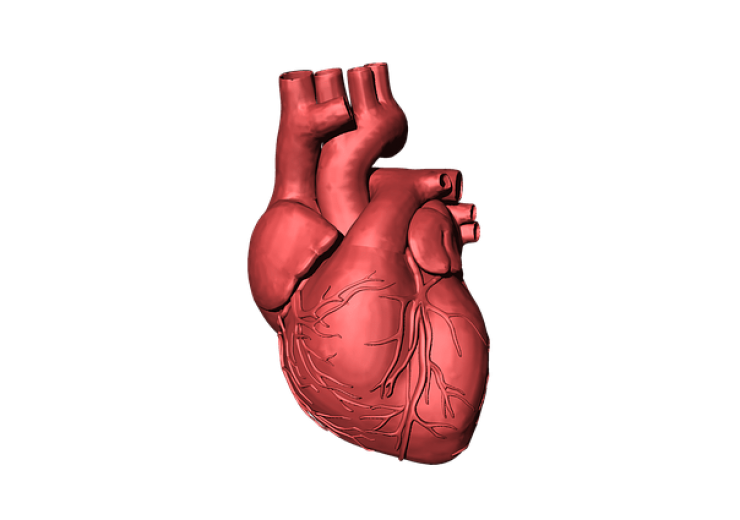BioStable Science & Engineering is a cardiovascular device company focused on proprietary valve repair technologies

BioStable Science & Engineering gets CE Mark approval for the HAART 200 Aortic Annuloplasty Device. (Credit: Ignacio DG from Pixabay.)
BioStable Science & Engineering, Inc. (“BioStable”) announced today the company has received CE Mark approval for the HAART 200 Aortic Annuloplasty Device for use during bicuspid aortic valve repair. With CE Mark approval of both the HAART 300 and HAART 200 Aortic Annuloplasty Devices, BioStable will be able to offer surgeons within the European Union a comprehensive portfolio of aortic valve repair solutions that address all forms of aortic valve insufficiency. In addition, BioStable announced that over 1,000 patients worldwide have now been treated using HAART Aortic Annuloplasty Devices.
Bicuspid aortic valve (BAV) is the most common congenital heart defect, affecting up to 2% of the population, and carries a significant risk of cardiovascular complications. Approximately 53% of BAV patients require aortic valve surgery within 25 years of being diagnosed [1]. Most BAV patients undergo aortic valve replacement between 40 and 60 years of age, subjecting them to increased risk of reoperation or complications associated with valve replacement technologies [2]. Valve repair is an attractive alternative to valve replacement for bicuspid aortic valve insufficiency and the HAART 200 Device has been specifically designed to facilitate BAV repair.
“People with BAV tend to present while still young. With many years of life still ahead, they are hoping to continue their normal active lifestyle, avoid life-long anticoagulation and the thromboembolic risk of a prosthetic valve that accrues for the rest of their lives. BAV repair offers freedom from these challenges, but the techniques to achieve success with varying subtypes have lacked standardization, leaving the majority of BAV insufficiency considered unrepairable and thus replaced. The HAART devices assign proper geometry to the valve and allow surgeons to apply a well standardized methodology to achieve excellent valve function. Over the last several years we have refined a set of techniques that are easily taught and reproduced,” said Chief of Cardiothoracic Surgery at Franciscan Health, Marc W. Gerdisch, MD. “Later this month, we will present on the experience from 15 institutions with 70 patients at the American Association for Thoracic Surgery Annual Meeting.”
The body of published clinical evidence demonstrating the excellent outcomes achievable with the HAART devices has been rapidly increasing. To date, there are more than 38 peer-reviewed publications covering over 300 patient lives with a maximal follow-up of 88 months. This collection of clinical information comes from over 30 institutions across the US and Europe.
“The latest mid-term follow-up data are compelling and suggest good durability of aortic valve repair with the HAART devices. The latest HAART data demonstrates >80% of patients are alive and free from reoperation at a maximal follow-up of 88 months, similar to other repair strategies [3]. The difference is that, with the HAART system, it is possible to repair over 90% of non-calcified AI pathologies [4],” said Dr. J. Scott Rankin, Professor of Surgery at West Virginia University Heart and Vascular Institute, and inventor of the HAART Aortic Repair Technologies.
John Wheeler, President, and CEO of BioStable Science & Engineering, concluded by saying: “The CE Mark approval for the HAART 200 Aortic Annuloplasty Device completes the HAART portfolio in Europe and allows surgeons to now address all types of aortic valve configurations with AI. The combination of this approval with the growing positive clinical evidence indicates the value that aortic ring annuloplasty provides to surgeons and patients. We expect to perform our first cases with the HAART 200 Devices in EU in a targeted launch of the product later this year.”
Source: Company Press Release
